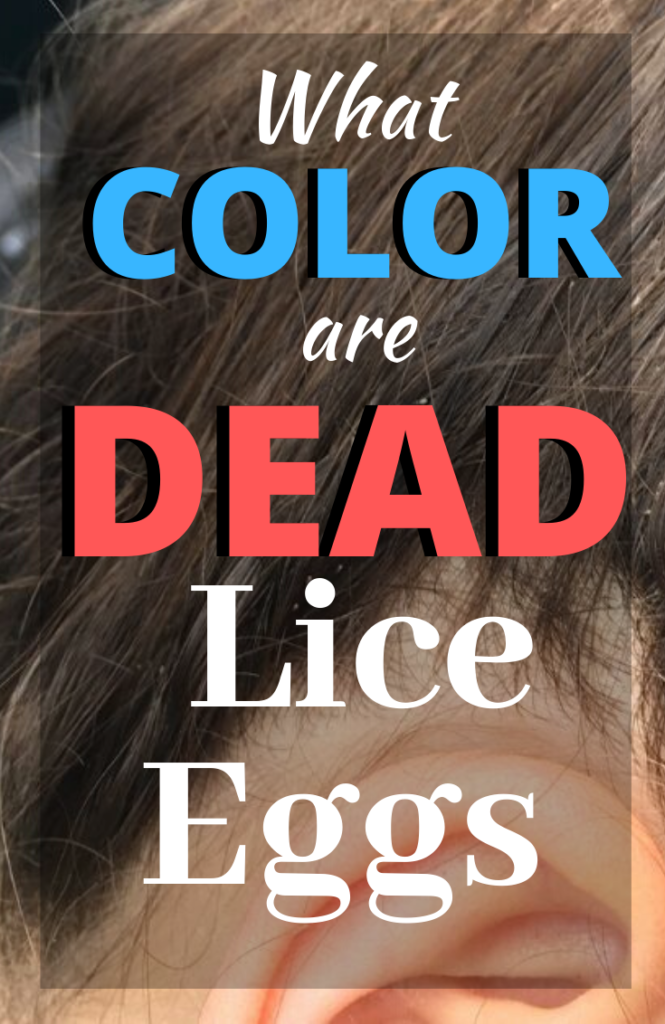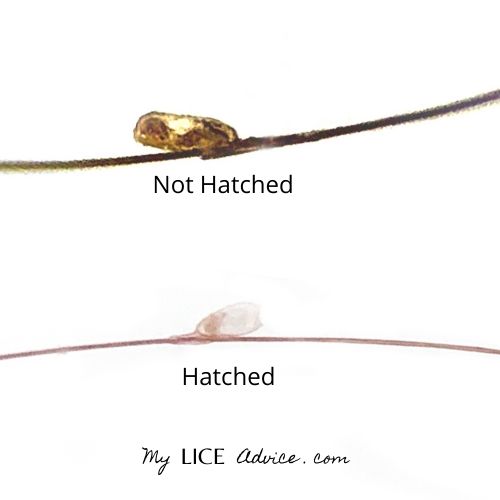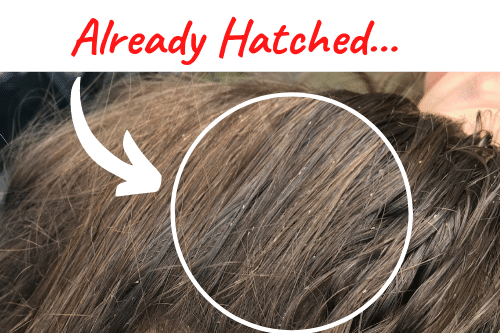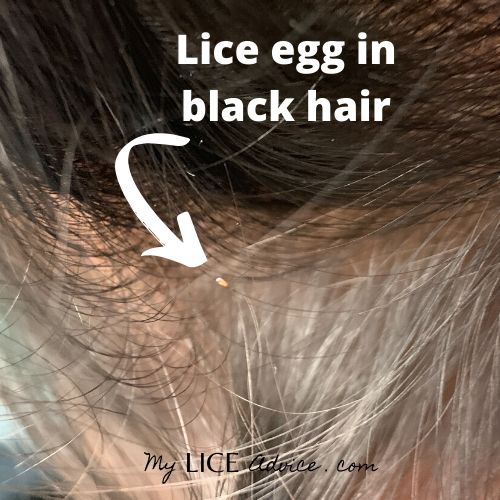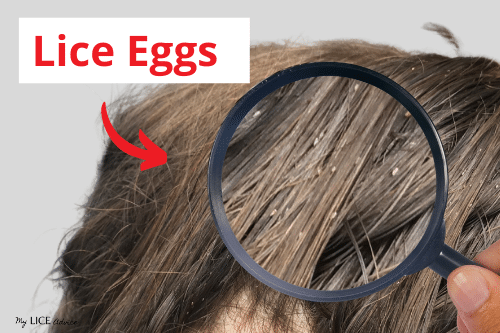Low battery
Battery level is below 20%. Connect charger soon.
Lice spread from person to person through close contact and by sharing belongings. Nits hatch and … Some medicines kill lice and eggs; · lice is a common concern that can cause intense itching. There are three types of lice: · head lice are tiny, parasitic insects that can live in your hair. Human lice survive by feeding on human blood. Head lice infect hair of any length and type. These insects are found worldwide. · you can treat head lice with medications (pediculicides) that are either over-the-counter or by prescription. Infestation or infested person … Lice glue their eggs (also called nits ) at the base of hairs on the head, close to the scalp. · lice are parasites, or insects, found on peoples heads and bodies, including the pubic area. · head lice are tiny insects that feed on human blood, most often from the scalp. Head lice are small insects that live in peoples hair and feed on human blood. Stay calm and beat head lice with this head lice treatment guide based on recommendations from a johns hopkins pediatric dermatologist. Lice are parasitic insects that can be found on people’s heads and bodies, including the pubic area. Learn the three forms of lice and how to identify a lice infestation. · lice are tiny, wingless insects that feed on human blood. You can find them mostly on your head, but also on your eyebrows and eyelashes. Retreatment is usually not … Head lice are parasitic insects that usually live on your scalp. · head lice, or pediculus humanus capitis, are parasitic insects that feed on human blood. Body lice are parasitic … They bite your skin to suck your blood and attach their eggs (called nits) to your hair, close to your scalp.
